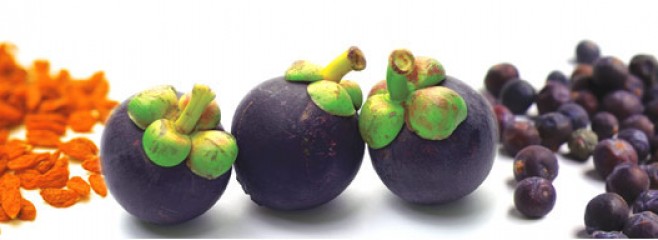In the spring of 2011 Dr. Elaine Ingham came to Maharishi University of Management for a month to teach about “The Living Soil.” Dr Ingham was formerly Chief Scientist at the Rodale Institue, and travels around the world consulting and teaching this profound science and how it can be applied to improve agricultural and ecological systems. This was my introduction and crash course in applied soil microbiology in the context of soil remediation and increasing fertility in agro-ecology systems. Students also received training in microscopy and learned to cultivate and apply variations of compost and compost tea suited for a range of conditions and growing mediums. Read the following for more information about the course in the context of Maharishi University and Vedic Science:

Course overview
The Living Soil course presents a journey into the soil beneath our feet – the true “Last Frontier” – so close, yet so poorly understood. We will delve into the world of the belowground and learn what all those billions of creatures are doing down there. Precisely because people did not understand healthy soil, “modern” chemical agriculture slowly but surely destroyed the very basis of healthy crop production. You will learn how and why modern agriculture fell into the trap of chemical dependency, and how to grow bumper crops that contain nutrients in the forms, amounts and balances that humans require. This course will teach you which organisms are needed in soil for different plant species and in different climates, and how to see them for yourself and monitor their presence. You’ll also learn how to easily grow your own soil biota and put them back into soil to replenish and revitalize gardens, agricultural fields, orchards, vineyards or your own back yard.
Course Goals
By the end of this course you will:
- Understand the role of farming in keeping our planet healthy.
- Be very familiar with different Eco-farming and compost terms (‘the language’).
- Be able to evaluate, adjust, and rehabilitate poor soil biology back into health.
- Know the different groups of soil organisms and their prospective role in soil food web.
- Know how to build compost piles and produce affective compost and compost tea to maximize soil health.
- Apply this knowledge to different agricultural systems.
- Be able to use a microscope in a professional manner.
The Vedic Connection to Soil Science
Pure Consciousness Expressing Healthy Plants Through Vibrant Soil:
“If the procedure of growing food in the fields is enriched and supported by the Vedic Vibrations of all the forty qualities of intelligence available in the forty fields of the Vedic literature, the quality of food will be nourishing for all, and the thoughts, speech, action, and behavior of everyone will be in the direction of evolution. Society will enjoy fresh waves of progress, season after season. Government administration will be free from problems. The benefits for the government will be the creation of a problem-free society, a problem free government, and successful administration satisfying to everyone- exalted Vedic Administration.”
– Maharishi Mahesh Yogi,
Celebrating Perfection in Education 1997 (p. 109)
“An organic farm, properly speaking, is not one that uses certain methods and substances and avoids others; it is a farm whose structure is formed in imitation of the structure of a natural system that has the integrity, the independence and the benign dependence of an organism”
– Wendell Berry, “The Gift of Good Land”
“In Vedic Agriculture we want to combine and align the creative intelligence of Man* with the creative intelligence of Nature and to use this alignment to create health and wealth from the precious land recourses of any nation“
-Raja John Konhause
Raja of California and Vedic Agriculture
June 13,2007
Comparison of the industrial and biological models of agriculture
|
Industrial model |
Biological model |
|
Energy intensive |
Information intensive |
|
Linear process |
Cyclical process |
|
Farm as factory |
Farm as ecosystem |
|
Enterprise separation |
Enterprise integration |
|
Single enterprise |
Many enterprises |
|
Monoculture |
Diversity of plants and animals |
|
Low-value products |
Higher value products |
|
Single-use equipment |
Multiple-use equipment |
|
Passive marketing |
Active marketing |

